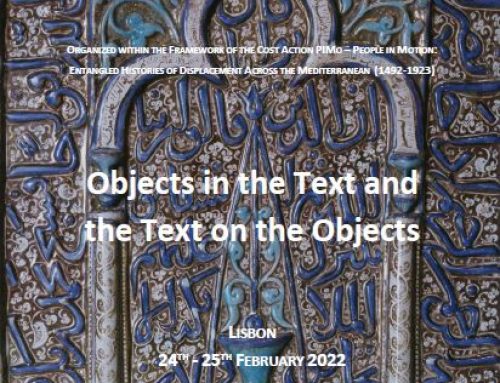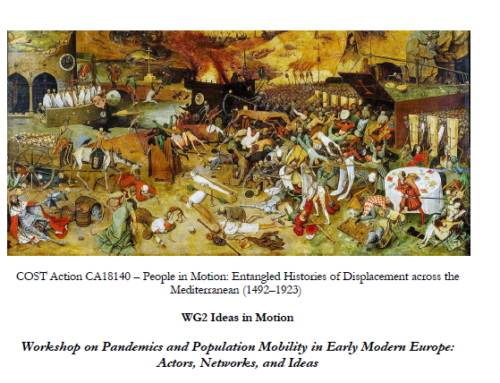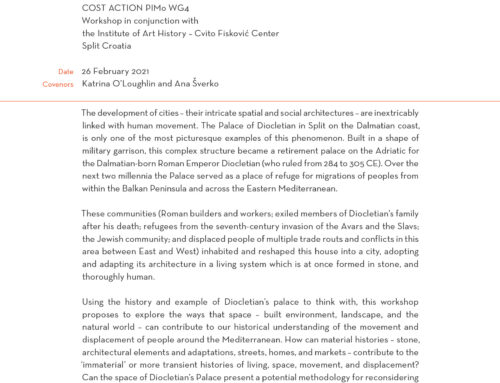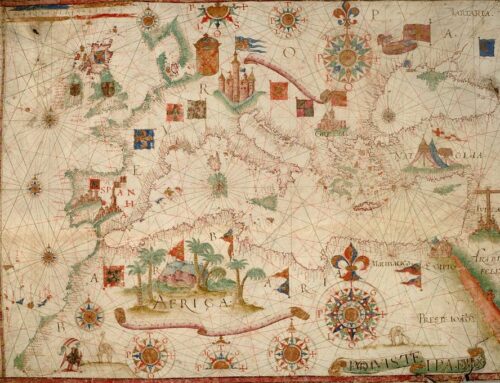PIMO SECOND ANNUAL CONFERENCE
UNIVERSITY OF GRANADA, JANUARY 28-29 2021
2ND CALL FOR PAPERS
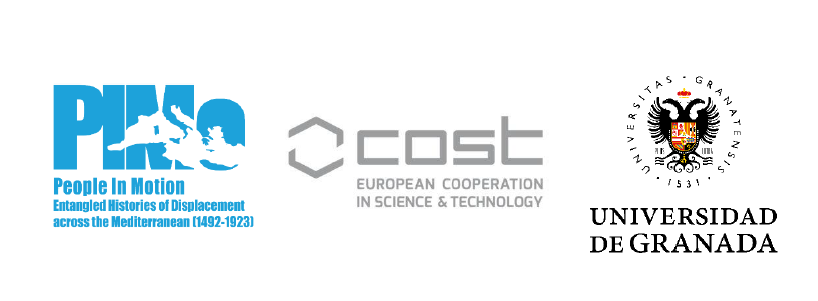
Given the exceptional circumstances brought about by the Covid19 pandemic the conference organizers might consider the possibility of holding the conference exclusively online in case international travel restrictions or domestic circumstances in Spain constrain us to do so.
In the meantime, we recommend all attendants purchase travel cancellation insurance, which is an eligible expense under COST regulations (see the note towards the end of this document).* Please note that these suggestions only apply to PIMo members whose expenses are covered by the COST association.
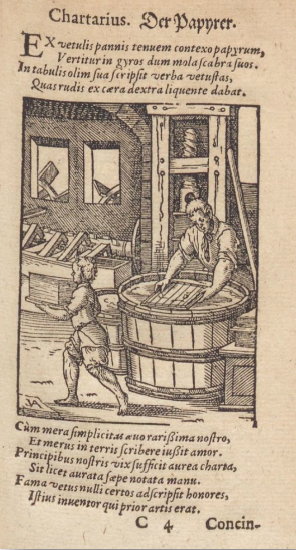
Hartmann Schopper, De omnibus illiberalibus sive mechanicis artibus. Francofurti ad Moenum, 1574, fol. XIr.
(Biblioteca Riccardiana Stamp. 14677, with permission)
PAPER: MATERIAL AND SEMIOTIC MOBILITY
This call is available in PDF form here: Granada Conference CFP
The Paper in Motion Work Group is part of the COST Action CA18140 PIMo and seeks to look into paper as a medium for the codification and exchange of information, ideas, emotions and value.
Our forthcoming conference in Granada (January 28-29, 2021) will focus upon the material and semiotic mobility of paper: its nature, the conditions for its production, distribution and use, alongside its symbolic dimension. We intend to establish a series of methodological foundations for an approach to paper as a material vehicle for the construction and communication of culture(s) in all their heterogeneous dimensions and as a trope for the many different sorts of activities that relied on this medium as their material repository and facilitator. We will also explore how this materiality contributed, alongside new technologies like print, to the development of communities and communication networks that facilitated the circulation of people, ideas and objects within the geo-cultural spaces of an increasingly globalized Mediterranean.
We shall also focus on the relations between paper and power, with the emergence of the macroeconomic and complex administrative structures that resulted from the gradual expansion of trade and finance on a global level, on the one hand, and on the other the creation of the modern state and the establishment of paths for imperial expansion through exploration and conquest, which depended for its administration on a sophisticated bureaucratic machine based on the use of paper. In short, we can talk about a new era of state administration by paper, but also a new age of paper money and paper-based financial exchanges facilitated by the so-called paper revolution which took off towards the end of the Middle Ages.
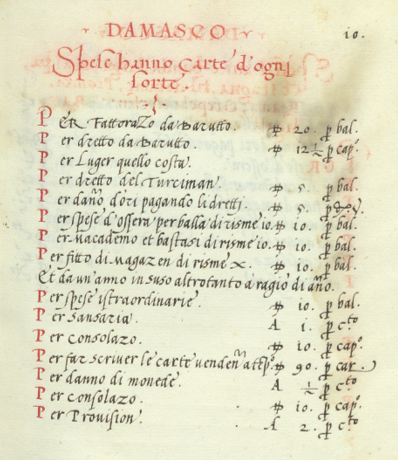
Tariffe mercantili del Levante. 16th-c. Ms, fol. 10r. ‘Damasco Spese: hanno Carte d’ogni sorte’
(Biblioteca Riccardiana 2523, with permission)
Like people, ideas and objects, paper also became subject to displacement and movement: travellers, diplomats, merchants, and collectors, among others, engaged in the circulation of important documents and books. Alongside falsification, theft and exchange, paper also became the victim of violent elimination and cultural appropriation through practices that went from collection to censorship.
Epistolography is one of the most versatile and productive uses of paper as a medium. In the private realm it facilitated exchange of familiar or intimate letters, which soon became the discursive pattern for the exchange of emotions. As postal systems developed, these originally private texts soon became public as letter-writing evolved into a genre that contributed, for example, to the genealogical origins of the modern novel as the expression of the private and public life of the modern subject.
Part of the private information shared by early modern communities of diplomats and merchants in the format of the newsletter gradually became public and ended up creating the first news networks. Last, but not least, epistolary exchange between philosophers, scholars and scientists contributed to the creation of international communities for the exchange of ideas and of knowledge, in the realms of technology and the humanities.
We aim, in short, to:
• establish to what extent the use of paper determined the strategies and methods employed in the administration of the movement of people, ideas and goods;
• look into the role of paper as a tool for the establishment of complex communities and networks (political, economic, religious, scientific, and intellectual) across the Mediterranean;
• examine the use of paper for communication and trade across the Mediterranean during the general process of financial, political and cultural globalization between the end of the Middle Ages and the early years of the 20th century.
We accept papers and panels on the following subjects, as well as other potentially relevant topics not listed below:
– Methodological issues: paper as a medium, the so-called paper revolution, paper and communication studies.
– The history of paper as a case of material and semiotic mobility.
– Paper production and trade.
– Paper in motion: paper and global connectivity.
– Administrative networks and the circulation of paper-based information.
– Paper and people in motion: identity, personal documents, migration.
– Paper and the dematerialization of the economy and finance: paper money and paper-based financial instruments
– Paper and knowledge: the circulation of ideas and the rise of modern science.
– State and institutional archives and the projection of power.
– Paper and the codification of emotions: the epistolary foundations of the modern self
– Documentary archives as cultural icons and repositories of political and cultural capital.
The deadline for the submission of papers and panel proposals is November 15 2020. Accepted papers and panels will then be pre-circulated, with drafts sent to the organizers before December 15 2020. Individual paper proposals should send a 300-word abstract and a 250-bio. For panels proposals please send abstracts and biographies for each of the papers and presenters, as well as an abstract for the panel itself.
Contact: Please send your proposals and queries to José María Pérez Fernández (jmperez@ugr.es) University of Granada
* Those participants who are unable to attend the conference due to prohibitions either
– to enter the country of the event (because of a decision from a public authority of the country of affiliation or the country where the event is held), or
– due to an obligation to serve a quarantine period when entering the country where the event is held
may, where the prohibitions apply 48 hours before the date of travel, cancel their attendance to the event.
This is to allow participants to cancel their hotels and minimise costs under Force Majeure for COST. Of course, Force Majeure will also apply where, within those 48 hours before the meeting, such a new prohibition is put in place.
Participants must provide supporting documents to prove the prohibition (for example a screenshot from a National Foreign Affairs website, or any other competent ministry regarding travel restrictions, or a quarantine certificate)



